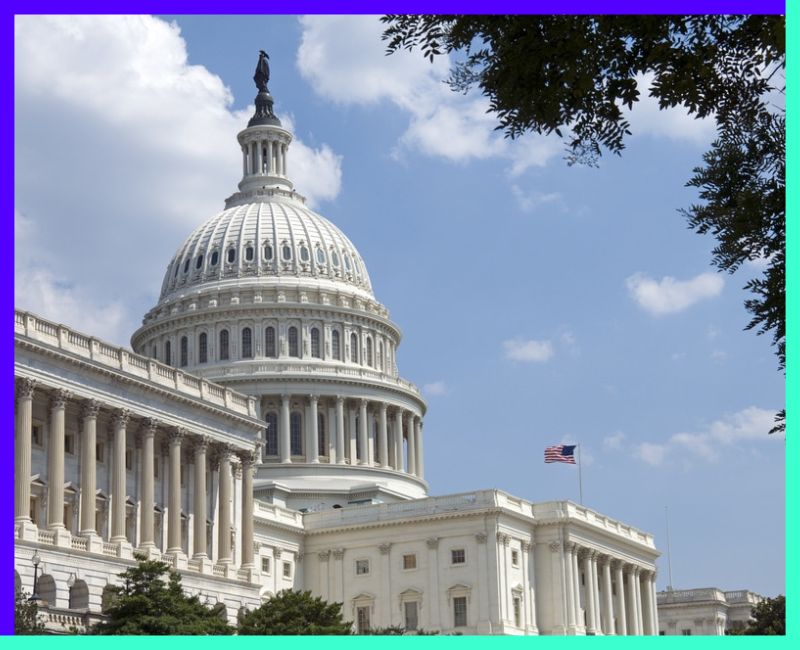Lawmakers have revealed a crucial $1.2 trillion government funding package amid mounting pressure to avoid a shutdown ahead of the looming deadline. With Friday’s cutoff approaching, the race is on to pass this legislation, but uncertainty remains over whether it will be accomplished in time. Here’s a breakdown of what’s at stake and the key provisions of the funding package.
As the clock ticks down to Friday’s deadline, Congress is under immense pressure to pass the $1.2 trillion government funding package swiftly. The legislation spans over 1,000 pages, leaving lawmakers with a tight timeline to navigate before the looming shutdown deadline. Essential government functions, including crucial departments like Defense, Homeland Security, and Health and Human Services, hang in the balance.
The funding package allocates $19.6 billion to Customs and Border Protection, addressing the Biden administration’s call for increased resources without additional funding for the border wall. Additionally, nearly $90 billion in discretionary funding is designated for the Department of Homeland Security, ensuring bolstered resources for vital operations.
Furthermore, the bill enhances Department of Defense funding by $26.8 billion above the previous fiscal year, totaling $824.3 billion. Notably, it also extends support to Afghan allies by granting an additional 12,000 special immigrant visas, honoring their service to the United States.
Crucially, the legislation eliminates contentious provisions, such as proposals to reduce the salaries of key administration members and block funding for diversity initiatives. It also quashes attempts to slash funding for vital programs like Head Start, instead opting to increase allocations by $1 billion compared to the previous year.
Amid the release of the bill, Speaker Mike Johnson emphasizes its commitment to strengthening national defense and supporting military personnel, reflecting bipartisan efforts to navigate these critical funding negotiations.
Despite the shared goal of avoiding a partial shutdown, challenges remain. House GOP rules typically require a 72-hour review period for members before a vote, potentially complicating the timeline. Additionally, unanimous consent from all 100 senators is necessary for swift passage, raising the stakes in a potentially contentious process.
With the deadline fast approaching, Congress stands on the brink of finalizing the annual appropriations package. The $1.2 trillion government funding bill represents a crucial step toward averting a shutdown and ensuring the continuation of vital government operations. As lawmakers navigate the complexities of the legislative process, the nation watches with bated breath, hopeful for a resolution that safeguards essential services and upholds governmental stability.






